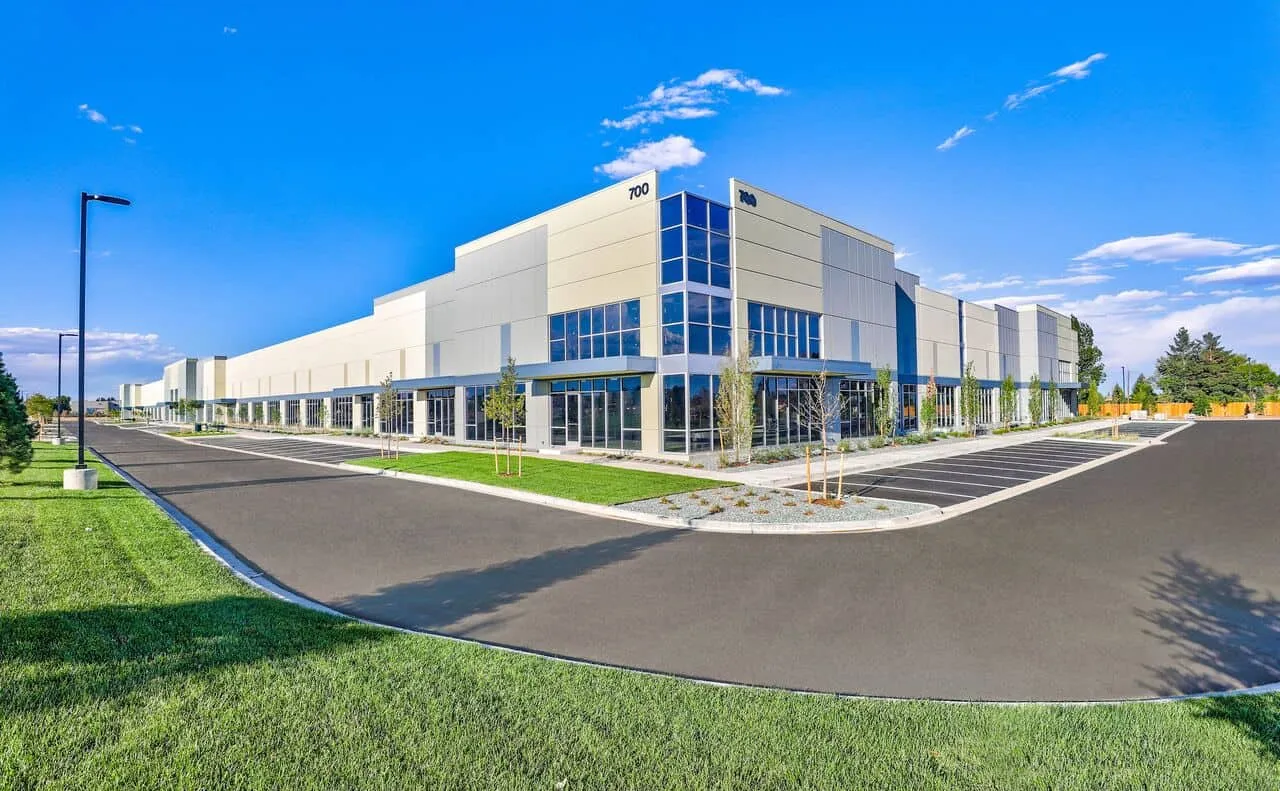Plant-based meat company sets up shop in Boulder

BOULDER — If environmentalists, clean food advocates and some investors are to be believed, the plant-based meat market could disrupt the global food supply’s reliance on animal products and buoy the already-strong plant-based milk industry. Two Boulder companies, one well-established and one almost brand-new, think they can grab a slice of the burgeoning industry in the home of perhaps the most famous soy milk brand in America.
Over the summer, the Swiss investment bank UBS projected the plant-based meat market could see compounded annual growth of 28 percent as those products become cheaper to make and more…
THIS ARTICLE IS FOR SUBSCRIBERS ONLY
Continue reading for less than $3 per week!
Get a month of award-winning local business news, trends and insights
Access award-winning content today!




